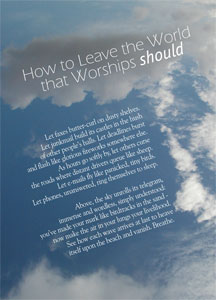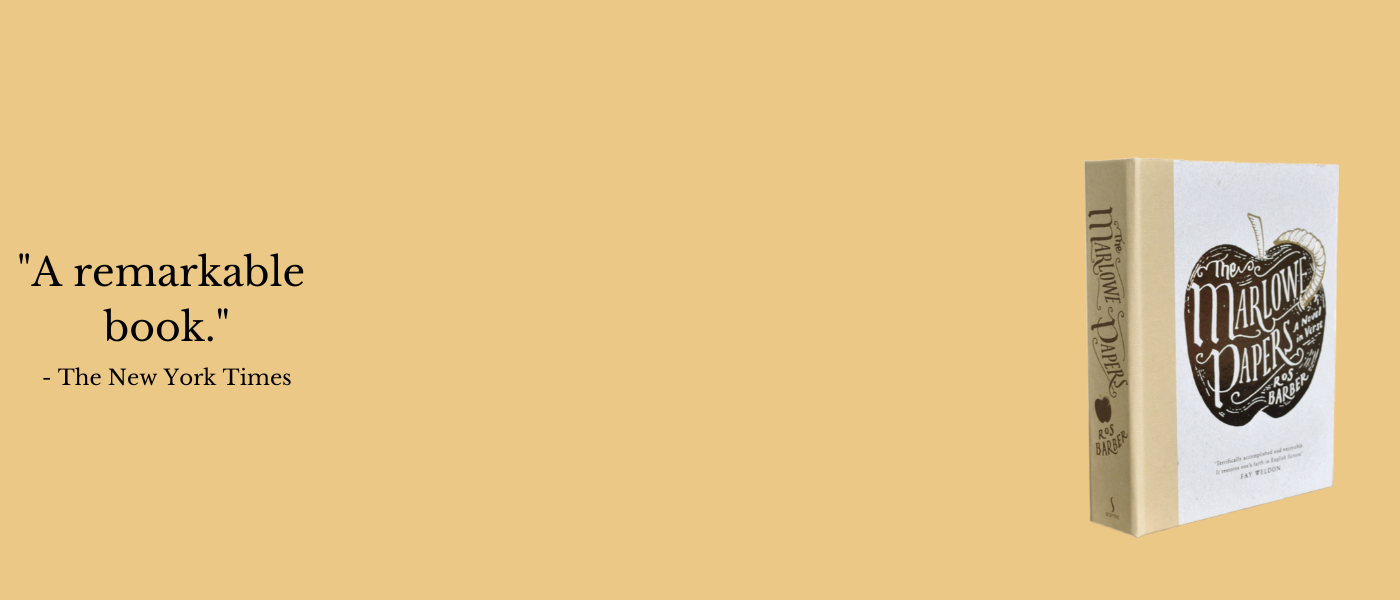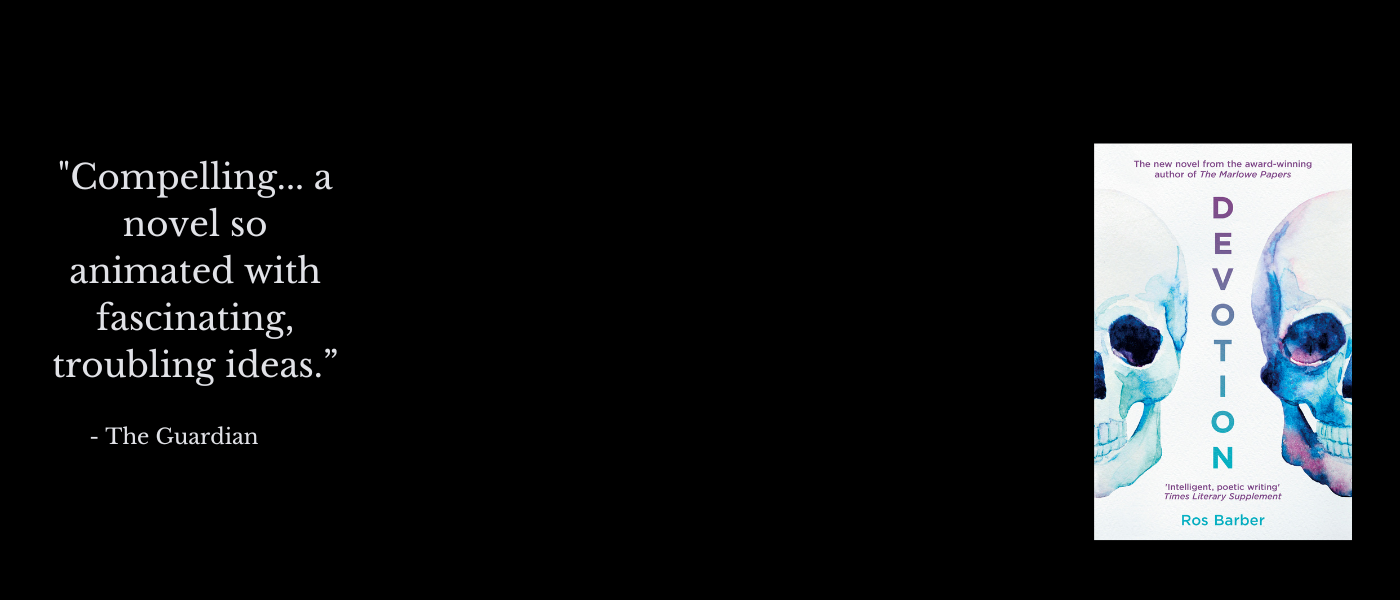 I want to say a little something about the poem ‘How to Leave the World that Worships Should‘ because so many people have been coming here looking for it since it appeared on the English Literature GCSE syllabus last year. I’ll leave the analysis to others because my days of doing other people’s homework are over. Unless you’re going to threaten to flush my head down the toilet, obviously. I will, however, give you a small hint about the title, which I know flummoxes some people. The word ‘should’ should be in italics, or inverted commas. How to leave the world that worships (the word/concept of) ‘should’. Simple enough, once that’s clear, although I know when the poem reproduces itself on websites the italics or quote marks can disappear, making the title utterly nonsensical.
I want to say a little something about the poem ‘How to Leave the World that Worships Should‘ because so many people have been coming here looking for it since it appeared on the English Literature GCSE syllabus last year. I’ll leave the analysis to others because my days of doing other people’s homework are over. Unless you’re going to threaten to flush my head down the toilet, obviously. I will, however, give you a small hint about the title, which I know flummoxes some people. The word ‘should’ should be in italics, or inverted commas. How to leave the world that worships (the word/concept of) ‘should’. Simple enough, once that’s clear, although I know when the poem reproduces itself on websites the italics or quote marks can disappear, making the title utterly nonsensical.
No, no analysis, because I would hope – outside the demands of exams etc – that it doesn’t need one. But I will give a little background.
First off, I should tell you this poem owes its existence to the generous funding of Arts Council England and two lovely people who worked at Canterbury City council nearly a decade ago. So if you like this poem, support the funding of the arts! The two lovely people had seen me speak about my public art commissions at a conference and approached me to write a number of poems about Herne Bay, on the coast of Kent. We ended up agreeing on eight sonnets (which became known as the Seaside Sonnets), and this was the first. The day I wrote it, I knew it was something a little bit special. Since then it has proved to be so: popular in postcard form with people working in cubicles, it has proliferated itself all over the internet. Someone even posted it on the Bolton Wanderers fan forum, at which point I realised it was really going mainstream. Read more

